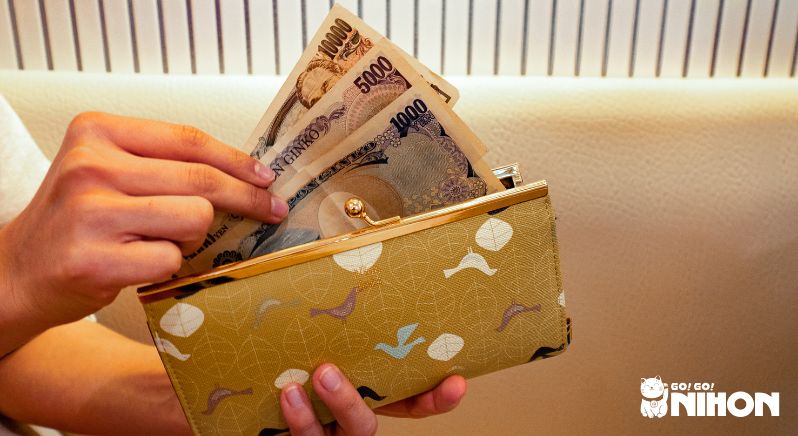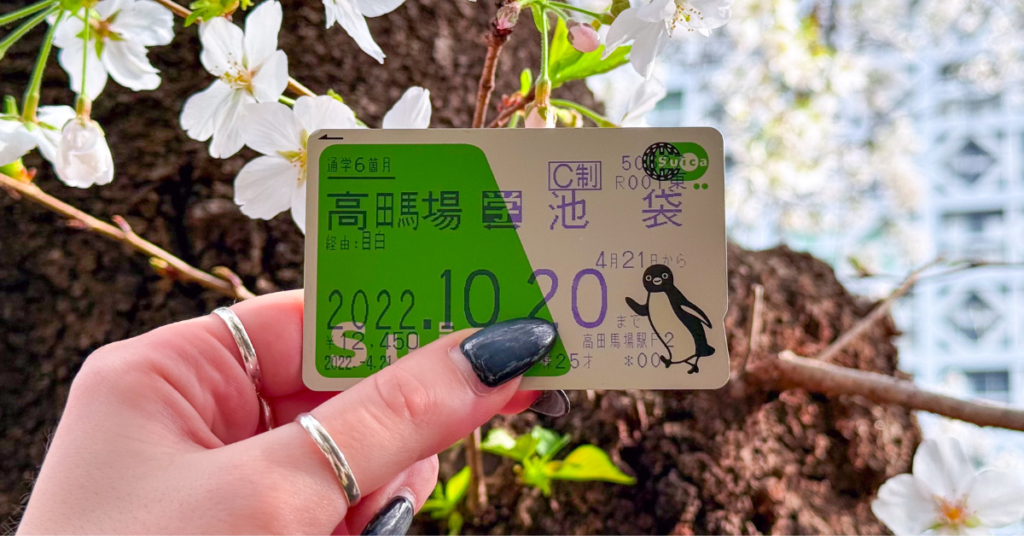When traveling anywhere in the world it’s important to think about what you’re packing and most importantly what you can and can’t bring into a country. Japan is no different, so we’ve put together a list of what not to bring to Japan.
This article contains topics on:
- Medicine
- Food items
- Money
- Plants
- Counterfeit items
- Prohibited Items

Medicine
Taking medicine to Japan can be tricky as there are restrictions on quantities and some items you might think are fine, but in fact are not. The complexities of this particular category are such that we’ve put together a whole article on the subject to help you figure out what not to bring to Japan.

Food items
Once again, as with most countries, there are a lot of food items on the list of things you can’t bring into Japan.
Fresh fruit and vegetables aren’t allowed and this should go without saying, but with the price of these items in Japan being rather high, we understand why you might want to try. One of the more specific prohibited items is meat. This is not just if it’s uncooked or prepared in a container but vacuum-sealed products are prohibited as well. This is quite a broad rule covering items such as beef jerky and it’s becoming enforced more harshly so we don’t recommend testing your luck.
There are some exceptions if you have an inspection certificate for the items but it’s unlikely that you’ll have this so essentially any natural food items are prohibited. So, the natural question is: can you bring food into Japan? Yes. We recommend sticking to sweets and snacks from your home country as the go-to choice of omiyage (お土産, souvenir) during your stay in Japan.

Money
Obviously you are allowed to take money to Japan. You may already be aware that Japan is still a cash-based society in many respects and it is likely that you’ve been recommended to bring both a reasonable amount of cash and credit cards to pay for things. This is certainly true but there is a limit on how much cash you can bring into the country before you must declare it.
According to the official Japan customs page, the limit is ¥1 million which is the equivalent of around £5,000 or $7,000. While it’s unlikely you will be taking this much with you on holiday, some people might seek to take this much if they are coming to Japan to study long-term. We recommend using credit cards or an international card instead so that you can withdraw money when you need it as this is both more practical and more convenient.
Plants
If you’ve got a green thumb and are moving to Japan, you might consider bringing your favorite plants over when you move. Unfortunately, it’s one of the things included on the list of things of what not to bring to Japan. Lucky for you, though, Japan has a multitude of unique and beautiful native plants and seeds, so you can restart your little garden once you’ve made your move here.
Counterfeit items
We don’t expect that many of our students coming to Japan are looking to start trading on the black market in counterfeit goods, but we do think this category is worth mentioning. If a customs officer thinks that you are bringing any items into Japan that are counterfeit, then they will be confiscated from you.
Even if it’s just one or two items, if it is considered to be impinging on someone else’s intellectual property then it is illegal. So be careful, you may think that cool jacket you got from a market is great but if it’s counterfeit it might not be yours for much longer, so include it in your list of what not to bring to Japan.
Prohibited items
Some of the prohibited items have already been covered but there are some standard items on the list that you’ll find prohibited in most countries. These include but aren’t limited to:
- Drugs
- Guns
- Explosives
- Precursors to chemical weapons
- Items that can damage the moral fibre of the country
Make sure none of these items are in your luggage, as they’re definitely included on the list of things of what not to bring to Japan!
Exemptions
There are plenty of items that are prohibited but only within reason and many of these fall into the category of personal effects. Ultimately, it comes down to quantities. Quantities do often get updated so it’s best to check out this page for the current limitations when you need to decide what not to bring to Japan. One of the more important factors to consider is the cost of other items, personal effects that fall into this category must not have a combined value of over ¥200,000.
Beyond what not to bring to Japan
So now you know what not to bring to Japan you should be ready for your trip or move, now you just need a list of items that you are allowed to take and need to remember.
For long-term study on a student visa, or for a short study vacation of a few weeks, contact us and we will answer your questions!













